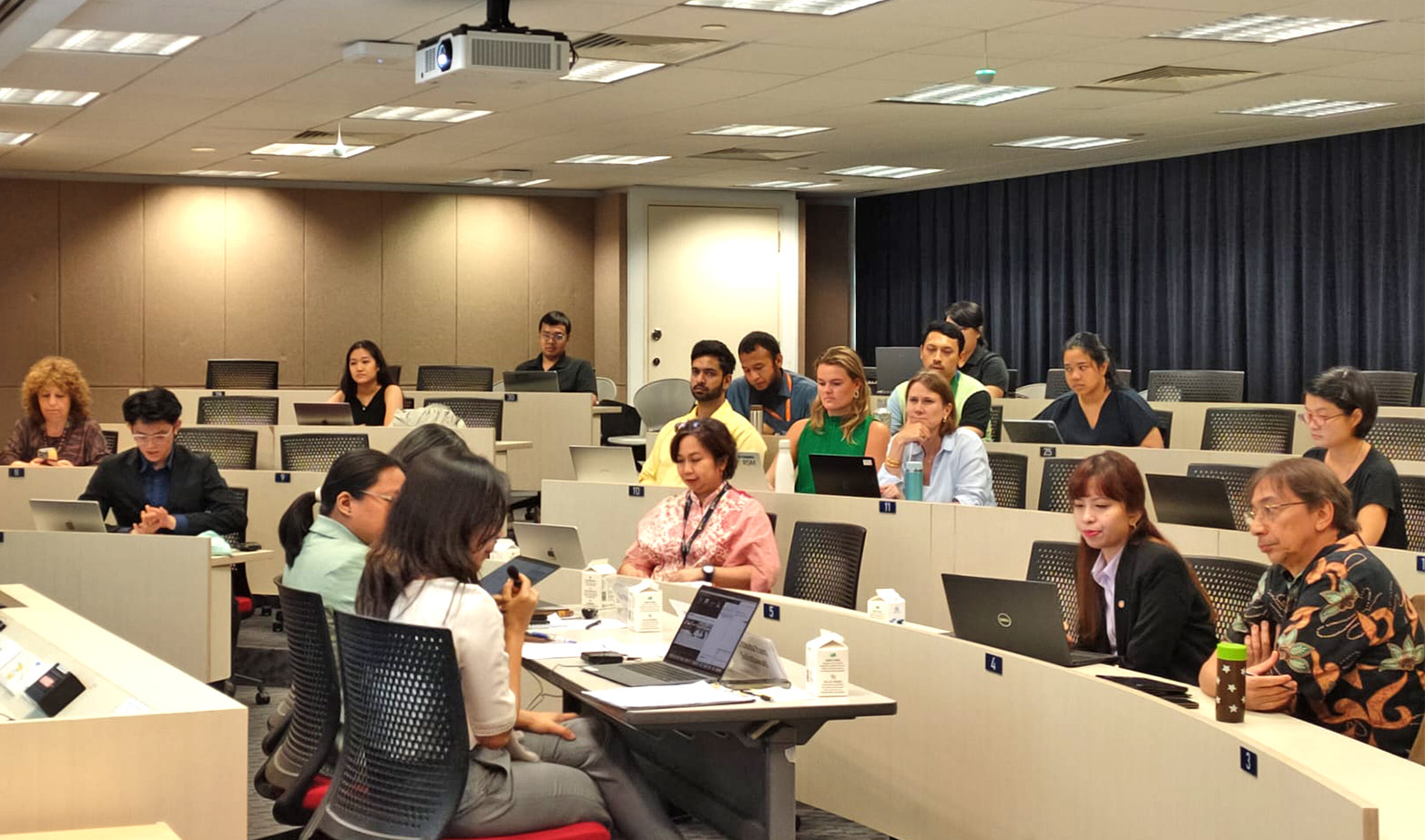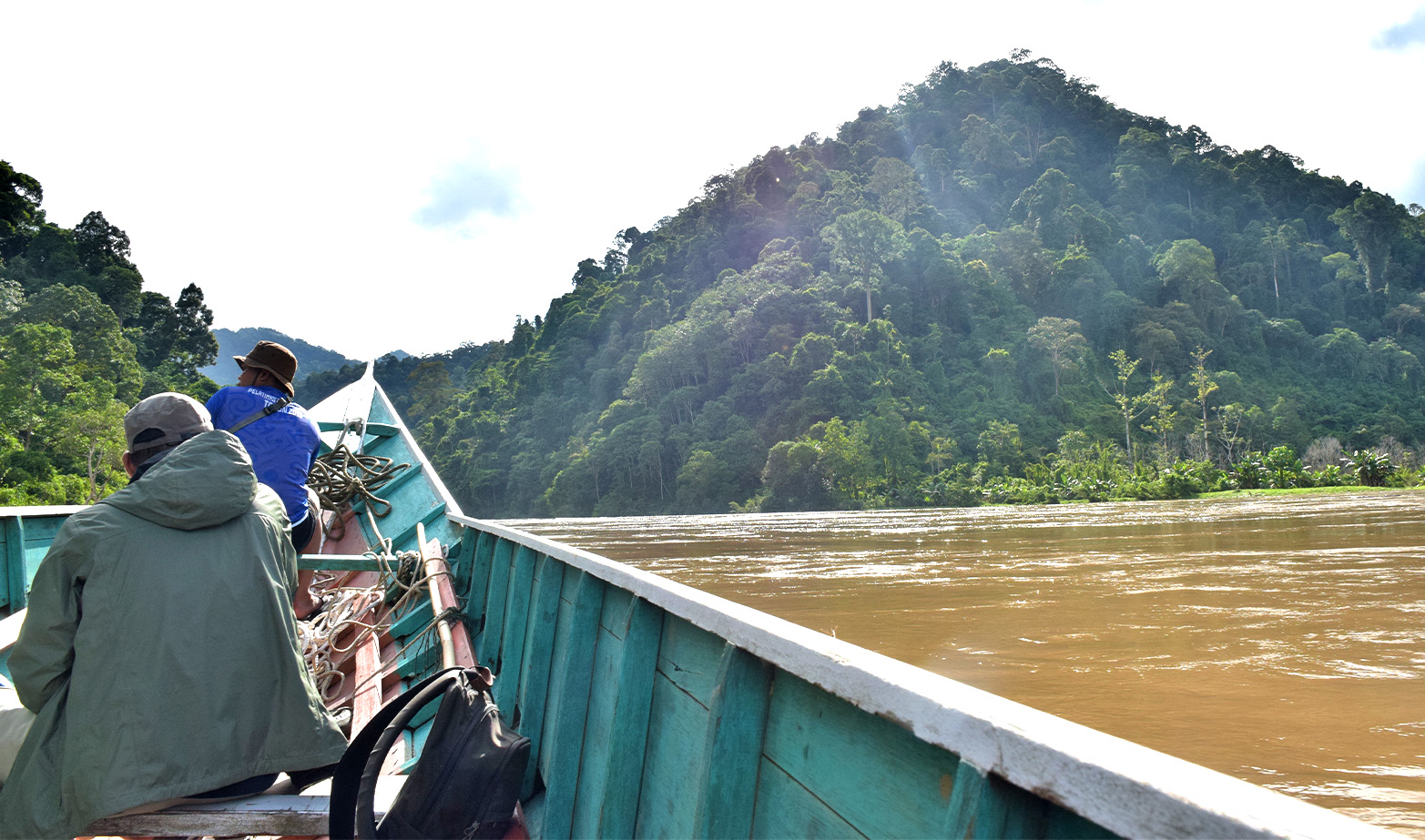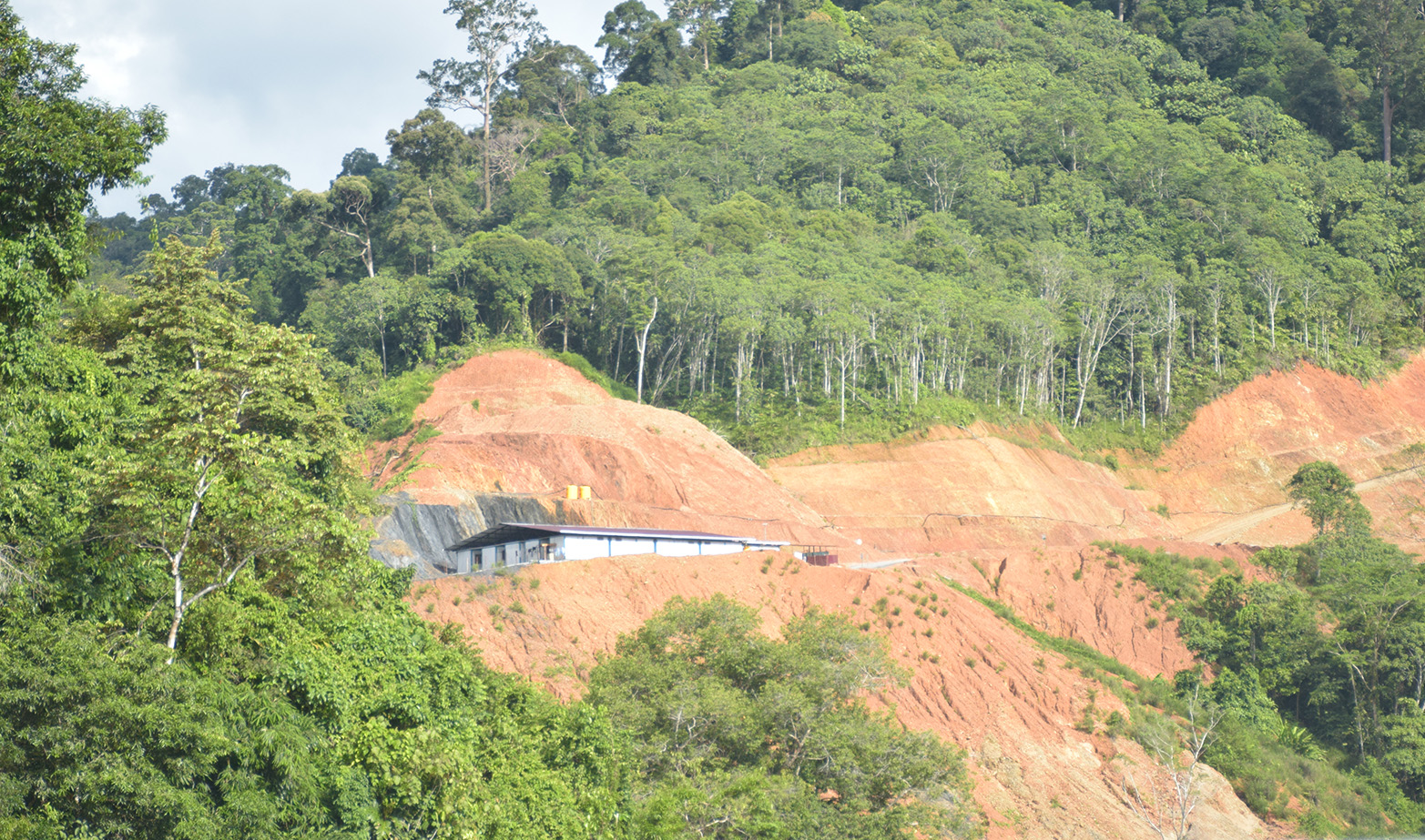
Martua T. Sirait, head of the Policy Support Programme at Samdhana Institute, attended the seminar "Preparing for Just Transition in a Developing World" organized by APCEL in Singapore on November 6, 2024. (Doc. APCEL)
- admin
- 27 March 2025
- Analysis
Just Transition: The Opportunities and Challenges
Achieving net zero emissions is an important component of the Paris Agreement, an international treaty on climate change. Legally binding, it involves a concept known as just transition. Just transition call for a shift from an extractive economy using fossil fuels or coal, to a regenerative and environmentally friendly one. However, for various Southeast Asian countries, this presents some challenges, including human rights issues. This was the focus of discussion among activists, experts, academics, and NGO representatives during the APCEL Indonesia Series: Preparing for Just Transition in a Developing World, held in Singapore last November 2024.
The event was organized by the Asia-Pacific Centre for Environmental Law (APCEL) and the Centre for International Law (CIL) at the National University of Singapore. Martua T. Sirait, Head of the Policy Support Programme of Samdhana Institute, was one of the speakers at this event.
Martua presented in the second session, which focused on the Indonesian and ASEAN context, alongside Tim Guanzon, Paul Butarbutar, and Aldilla Rakhiemah. In the case studies that Martua mentioned, the Indonesian government had introduced various projects and policies to provide environmentally friendly electricity as part of its commitment to achieving net-zero emissions. However, some implications on the rights of Indigenous Peoples were raised.
Indonesia Case Studies

One such project is the North Kalimantan Hydropower Dam project, which poses persistent flooding risks that threaten the rice plantations of the Dayak Kenyah. The indigenous communities aren’t formally recognized yet by the local government. Thus they could only seek compensation from the dam project. Unfortunately, there have been no clear relocation solutions offered to those affected.
Another case study was on the Energy Timber Plantation Project in West Kalimantan, where insufficient consultation with the Kuala People has raised concerns and risks conflicts between the community and the company. The project is part of Indonesia's energy transition strategy and covers an area of 136,000 hectares across two districts in West Kalimantan. The deforestation caused by this project has resulted in the drying up of water canals. The project did not obtain Free, Prior, and Informed Consent (FPIC) from the Kualan Indigenous People and the local communities. As a result, actions were taken by the community and in March 2024 the company’s operations were suspended by the Ministry of Environment and Forestry (KLHK).

Meanwhile, in the North Maluku Nickel Mining Project, some benefits were perceived, such as local residents obtaining employment with the mining company. The company also provides loans to local banks. However, this has also led to debt traps for many workers, creating new economic vulnerabilities.
These examples highlight the critical need to recognize the rights of Indigenous Peoples over natural resources. Active involvement from a wide range of stakeholders— the communities, institutions, private sector entities, civil society organizations, and foundations—are essential for implementing a just transition, particularly in balancing economic development, environmental sustainability, and social equity.
Key to Overcome the Challenges
From the panel discussion, a set of recommendations were given to address the problems mentioned in the case studies.
First, given the diverse socio-cultural and ecological contexts of the country, there is a need for localized solutions tailored to the specific challenges and opportunities of each region. For instance, the indigenous communities in North Kalimantan and West Kalimantan are distinct groups, and the nature of the hydropower dam and timber plantations result to different impacts. Thus, this necessitates customized engagement and mitigation strategies.
Second, stakeholder engagement is crucial. The projects mentioned above demonstrate the consequences of insufficient consultation with affected communities. Meaningful engagement with Indigenous Peoples, local governments, and civil society organizations is essential for building trust, ensuring fair participation, and minimizing conflicts.
Third, the recognition of indigenous rights is vital. Indigenous communities often bear the brunt of energy and infrastructure projects within their territories. It is critical to ensure their rights over natural resources and to incorporate traditional knowledge into decision-making processes to achieve equitable outcomes.
Fourth, addressing economic vulnerabilities is necessary. While initiatives like job creation in the North Maluku Nickel Mining Project show promise, unintended consequences—such as debt traps—emphasize the need for comprehensive socioeconomic planning, including financial literacy programs and fair labour practices.
Fifth, enhancing transparency and accountability is important. A recurring issue is the lack of transparency in negotiations and decision-making processes. Clear communication about project impacts, benefits, and mitigation measures is needed to ensure fairness and build public trust.
Sixth, integrating just transition principles into policy frameworks is essential. National and subnational policies must explicitly incorporate just transition principles to guide sustainable development. This includes aligning projects with Indonesia's climate commitments, such as its Nationally Determined Contributions (NDC) and Long-Term Low Emission Development Strategy (LT-LEDS), while prioritizing social safeguards.
Seventh, balancing economic growth with environmental protection is crucial. As Indonesia seeks to develop its low-carbon economy, it must carefully manage trade-offs between environmental conservation, economic growth, and social well-being. This requires investment in green jobs, renewable energy technologies, and sustainable land-use practices.
These lessons underscore the need for a holistic approach to just transition, where environmental goals are pursued alongside social and economic justice, ensuring that no community is left behind.